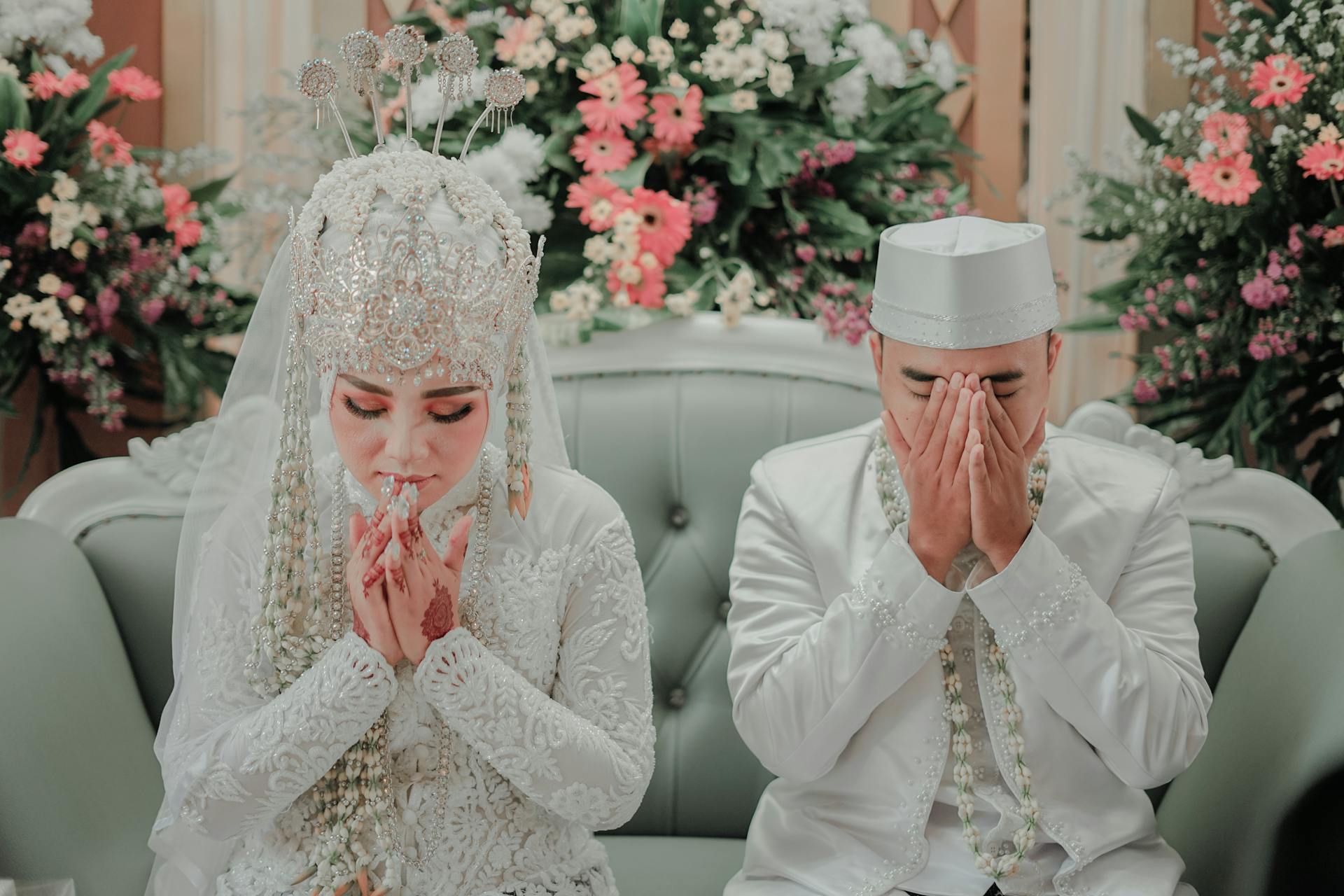
For centuries, Muslim marriage has been grounded in faith, family and shared values. Those foundations haven’t changed — but the way Muslims meet potential spouses has. Today, thousands of practising Muslims are using Muslim marriage apps to find partners who share their goals. When done with sincerity, this process stays true to Islamic principles while taking advantage of modern convenience.
This article breaks down the Muslim marriage timeline step by step, with practical tips, mini examples and answers to common questions.
1. Starting With a Muslim Marriage App
What happens: Instead of relying only on word-of-mouth or community matchmakers, many singles now create profiles on halal dating and Muslim matchmaking platforms. These apps make it easier to find like-minded Muslims beyond your local circle.
Tips for success:
-
Use a clear, respectful profile photo.
-
Highlight your values, goals and level of religious practice in your bio.
-
Be honest about what you’re looking for (nikah-minded vs. casual chat).
2. Involving the Wali or Guardian
What happens: When a connection feels serious, involve a parent or guardian early. Meeting the father (wali) signals that you’re sincere and seeking marriage, not casual dating.
Tips:
-
Ask your potential spouse when and how they’d like you to approach their family.
-
Be polite, punctual and clear about your intentions when you meet.
-
Bring a chaperone if required by local custom.
3. Courtship Within Islamic Boundaries (Halal Dating)
What happens: After introductions, the couple gets to know each other under halal guidelines. This may include supervised meetings, family-approved video calls, or structured question sessions.
Questions to explore:
-
How do you practise Islam day to day?
-
What are your long-term goals for career, family and community?
-
How do you handle finances, decision-making and conflict?
Why it matters: These conversations build emotional understanding and compatibility while preserving modesty and respect.
4. Meeting the Families
What happens: When both sides are serious, families formally meet. This stage strengthens the foundation for marriage and allows each side to evaluate cultural fit, expectations and shared values.
Tips:
-
Prepare respectful introductions about yourself.
-
Discuss important topics openly but kindly.
-
Seek the elders’ advice and blessings.
5. Preparing for the Nikkah
What happens: Before the marriage contract, many couples attend pre-marital courses offered by mosques or online educators. These sessions cover Islamic rights and responsibilities, communication skills and conflict resolution.
Checklist:
-
Understand the mahr (dowry) agreement.
-
Discuss living arrangements and finances.
-
Agree on wedding plans and timelines.
6. The Nikkah Ceremony

What happens: The Nikkah is the heart of the Muslim marriage. In front of witnesses and an Islamic authority, the couple publicly declares their commitment. This is both a legal and spiritual covenant.
Tip: Plan the paperwork and the ceremony together with your imam or local authority to avoid last-minute issues.
7. Celebrating the Union (Walima)
What happens: After the Nikkah, most couples host a walima, the traditional wedding feast. The scale and style vary by culture, but the aim is the same: to share joy with family, friends and community.
Muslim Marriage in the Digital Age
By combining technology with timeless values, today’s Muslim singles can navigate every step — from profile creation to family meetings and the sacred Nikkah — in a way that is both modern and faithful.
Quick FAQs
Is online Muslim dating halal?
It can be, if the intention is marriage, interaction stays within Islamic guidelines, and a guardian is involved early.
How long should halal courtship last?
There’s no fixed time; it should be long enough to establish compatibility but short enough to avoid unnecessary delay or temptation.
Do families have to be involved from the start?
Involving families early signals seriousness and helps prevent misunderstandings later on.
In conclusion, the journey of Muslim marriage has evolved with the digital age, making online Muslim marriage platforms a valuable tool for connecting with compatible partners while upholding Islamic values. From initiating contact online to seeking family blessings, engaging in halal courtship, and ultimately celebrating the sacred Nikkah, each stage highlights the importance of faith, family, and cultural respect. By embracing technology without compromising their principles, Muslim singles can navigate the path to a meaningful, blessed, and lifelong union.

